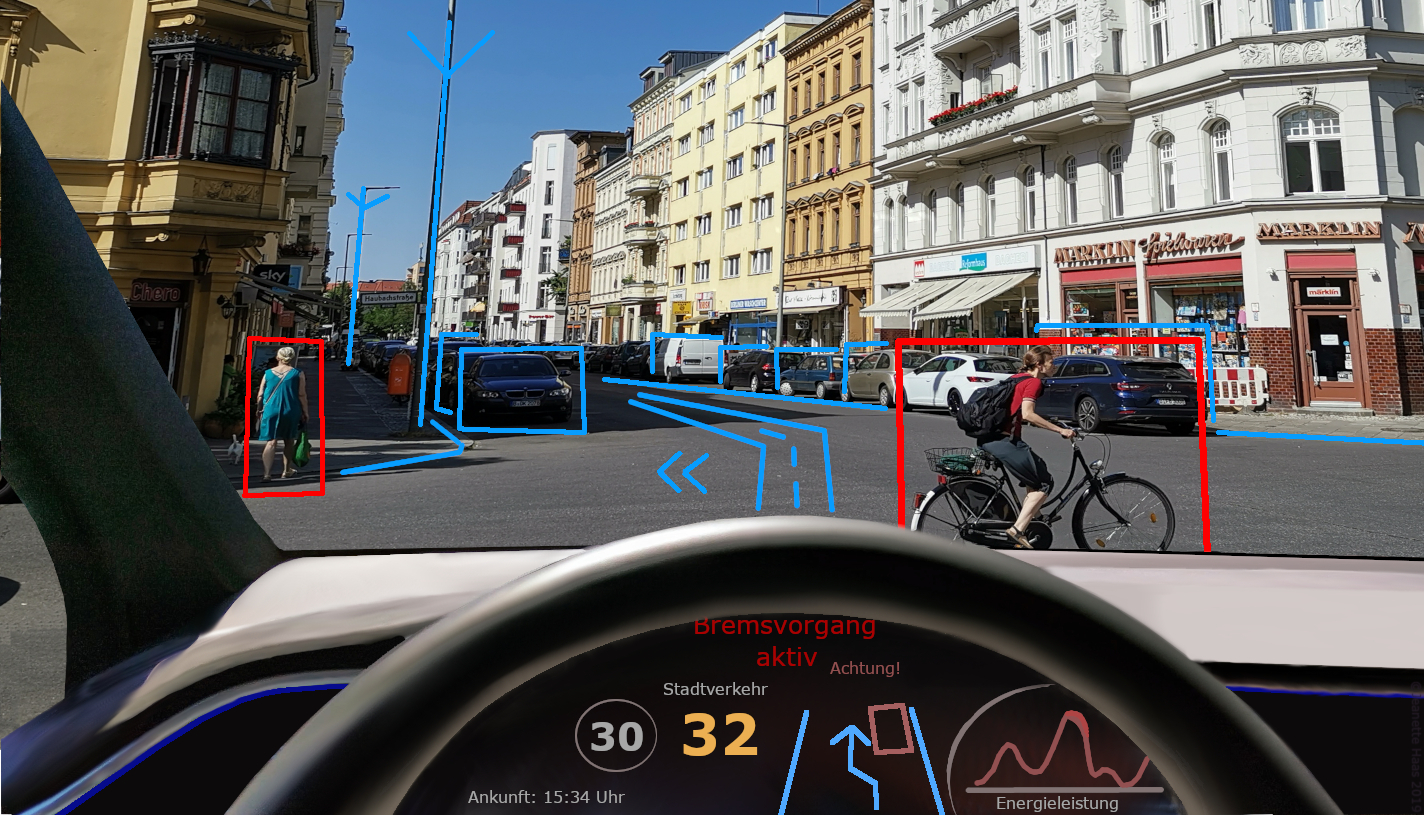
How often will an ERP system need to be upgraded in order to provide tire & wheel retail & eCommerce businesses with the latest capabilities?
A Guide to Selecting the Right ERP System for Tires and Wheels Retail and eCommerce Businesses
Introduction
As tires and wheels eCommerce businesses become increasingly reliant on technology, selecting the right Enterprise Resource Planning (ERP) system is critical to the success and growth of the business. ERP software can help streamline business processes, provide better customer service, and increase revenue. However, the complexity of ERP systems can be intimidating, and selecting the wrong system can lead to unnecessary costs and lost time-products. This guide outlines the key factors to consider when selecting a tires and wheels store ERP system and provides an overview of the top five options.
Importance of Selecting the Right ERP System for Tires and Wheels eCommerce Businesses
ERP systems are complex pieces of software that are designed to help companies manage their operations, ranging from customer service and inventory management to automated purchasing, accounting, and analytics. ERP systems can be tailored to the specific needs of tires and wheels businesses, streamlining manual processes and allowing for improved customer service. This increased efficiency can help businesses increase margins, improve customer relationships, and reduce operational costs. Additionally, ERP systems can provide real-time insights into business performance and market trends, allowing for data-driven business decisions.
Key Factors to Consider When Selecting Tires and Wheels Store ERP System
When selecting a tires and wheels store ERP system, consider the following factors:
- Flexibility: An ERP system should be flexible enough to grow with the needs of the business, from simple reporting needs to complex analytics and predictive forecasting.
- Integration: The ERP system must be able to be easily and seamlessly integrated with existing systems and platforms, such as accounting software, eCommerce systems, shipping systems, and product inventory management.
- Support: An ERP system should offer comprehensive customer service, including technical support and product updates.
- Cost: Consider both the initial setup and ongoing maintenance costs associated with the ERP system.
- Scalability: The ERP system should be able to scale with the growth of the business, with features added or removed as needed.
Evaluating Business Needs and Goals
Before selecting an ERP system for a tires and wheels store, it’s important to understand the needs and goals of the business. This includes understanding the current processes and identifying the areas of improvement. Additionally, the business should have clear goals for the ERP system, including which features are needed, the desired timeline for implementation, and the desired ROI.
Researching ERP Options
Once the business’s needs are assessed, the next step is to research the various ERP options. This research should include a comparison of the different options, such as features, cost, implementation process, and customer reviews. Additionally, businesses should evaluate the vendor’s reputation and track record of successful projects.
5 Best ERP Systems for Tires and Wheels Store
There are many ERP options available, but the five best systems for tires and wheels retail and eCommerce businesses are Odoo, Magento, Salesforce Commerce Cloud, Microsoft Dynamic 365, and Netsuite. Each of these systems offer different features and capabilities that can benefit tires and wheels businesses.
- Odoo: Odoo is an open-source ERP system that offers an expansive range of integrated eCommerce and business applications to manage daily operations. It’s easy to use, highly customizable, and offers a range of features designed to help businesses grow.
- Magento: Magnento is an eCommerce platform that offers a comprehensive suite of features, including product cataloging and inventory management.
- Salesforce Commerce Cloud: Salesforce Commerce Cloud is a cloud-based eCommerce solution that is tailored for small and mid-sized businesses. Its feature suite includes analytics, marketing automation, order management, and integrated payments.
- Microsoft Dynamics 365: Microsoft Dynamics 365 is a comprehensive ERP system for midsize and large businesses. It offers integrated applications for finance, CRM, and operations, as well as AI-driven analytics to gain insights and drive better decisions.
- Netsuite: Netsuite is a cloud-based ERP system that offers a suite of modules, including inventory management and eCommerce, as well as mobile access, analytics, and customizable reporting.
Implementation and Support
Before implementing a tires and wheels store ERP system, businesses should ensure that they have the proper technical support in place, including knowledgeable staff, support documentation, and reliable customer service. Additionally, businesses should establish an implementation timeline and ensure that any data migration is done securely.
Avoiding Common Mistakes
Businesses should avoid common mistakes when selecting a tires and wheels store ERP system. This includes neglecting to research ERP options, failing to understand the needs and goals of the business, underestimating system complexity, and ignoring customer reviews and experiences.
Conclusion
Selecting the right ERP system for a tires and wheels retail or eCommerce business is a complex process, but it is essential for the success and growth of the business. This guide outlines the key factors to consider when selecting the right ERP system and provides an overview of the best ERP systems for this industry. Additionally, businesses should be aware of the common mistakes to avoid, such as neglecting to research options and failing to understand the needs and goals of the business. By following this guide, businesses can ensure they choose the right ERP system to drive their business forward.

























